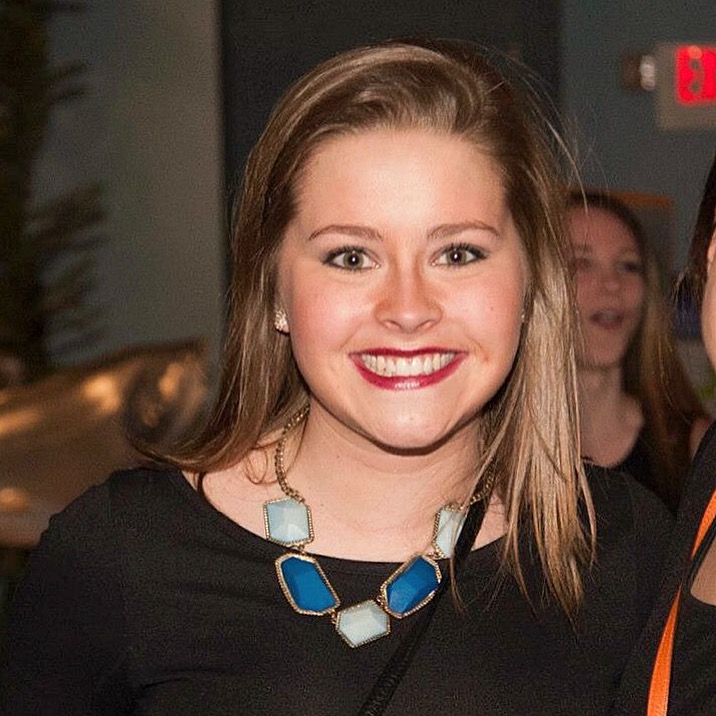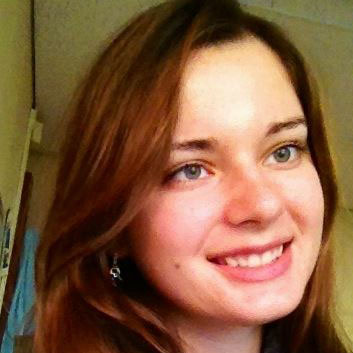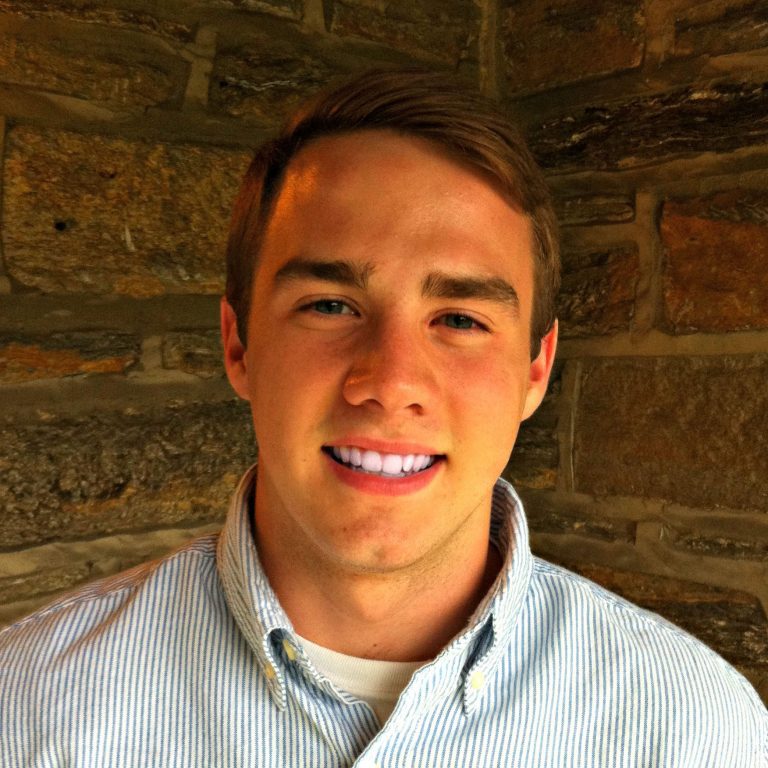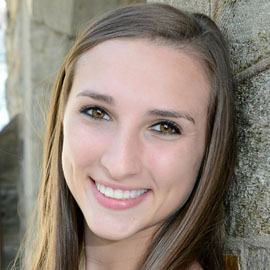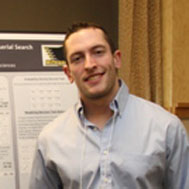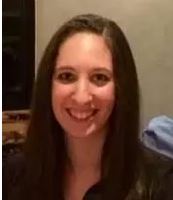What has your experience in psychology been like at Saint Joseph’s University?
I have had an amazing experience at St. Joe’s. I have loved almost all of my psychology courses at SJU. It is a great feeling to look forward to attending a class because it is something that truly interests you. All of my psychology teachers are interested and invested in what they are teaching, which motivates me to do my best and get the best experience out of the classes. Not only are these professors teaching the classes, but they are also mentors that have given me and my fellow classmates valuable information for future aspirations.
Were there other schools you were considering, and if so, why did you choose this one?
When it came time to decide on a school, I had narrowed it down to Penn State and St. Joe’s. I choose SJU because I felt more at home when I had visited. It was a smaller school and that was something that interested me. I knew that walking into a class with 500 other students was not somewhere I would know how to excel. Instead, having 20 or 30 students is not as intimidating, and you can really connect one-on-one with your professors. I also liked the fact that SJU was only a 20-minute train ride from my house, which allows for easy access home when I wanted to, as well as easy access to the wide variety of things that Philadelphia has to offer.
What influenced you to pursue a major/career in psychology?
I took developmental psychology my senior year of high school and I developed a strong interest. Going into my freshman year at Saint Joseph's, they asked us to pick an area that interested us. I knew that I did not want a business job where I would sit in an office 9-5. Instead, I wanted to work with people, specifically children and families, and make a difference somehow in their lives. The best way I knew to pursue this was through a psychology major so I decided to declare that as my major, and I’ve stuck with it ever since!
Have you participated in any internships? If so, how many and how were they? Did you find the school's resources helpful in helping you find opportunities?
I am participating in my first “real” internship this summer. It is at the Women’s Resource Center in Wayne, Pennsylvania. I am serving as a phone volunteer assisting women in the five-county Philadelphia area who are in need of various kinds of help (divorce, custody, financial, relationship, housing, etc.) This has been a very rewarding experience thus far and a great experience connecting with all the highly experienced women who work there. I found this internship through a fellow classmate who interned there in the past.
Dr. Anastasio, the internship coordinator for psych majors at SJU, was very helpful to me. She gave me a long list of places I could find potential internships. She has always been one of my favorite professors, and it is a comforting feeling to know that she is always looking to help her students. When looking for internships, most of it is on your own, but if you put in the effort it is possible to find them.
Another valuable experience I gained from my major was working with a former professor and her graduate student on his research study. I served as a confederate in his study and really learned a lot of important information about graduate-level education in general, as well as SJU’s grad program.
What are your future career plans and aspirations?
After graduating from SJU, I hope to attend grad school to get my master's and go into social work. Maybe one day down the road, I would continue my education and go higher than a master's. I would love to work with children and families either in foster care or with children with behavioral issues in elementary school. Aside from psychology, I want to get married and start a family of my own and hopefully adopt as well.
What has been the most challenging aspect of studying psychology, and was this something you had originally anticipated?
I think the most challenging aspect of studying psychology has been the attitude towards the field as a whole from those outside of it. SJU is known for its business school, so I have felt that I need to fight a little harder to prove the worth and importance of the psych major. People always ask the question, “What are you going to do with that major?” and I want to prove that it is possible to be successful with a major that may not seem as popular as others. In a way, it almost motivates me to want to prove otherwise. You don’t always have to choose the major that will earn the most money or get you a job the easiest. This was something that I hadn’t really anticipated, but I noticed it right away after starting college.
What advice would you give someone else trying to break into this field?
Listen to the advice of your professors and mentors, take every opportunity that crosses your path even if it may seem insignificant, and decide what will make you happy and then go for it. I do not believe it is worth it to stay in a job that makes you unhappy just to get a bigger paycheck.
Is there anything you wish you had known about psychology ahead of time before choosing this career path?
I wish I had known more about the education and time requirements that go into most jobs related to psychology. It would most likely not have changed things, but I think it would be nice to know more about what jobs require our masters, Ph.D., licensure, etc.
